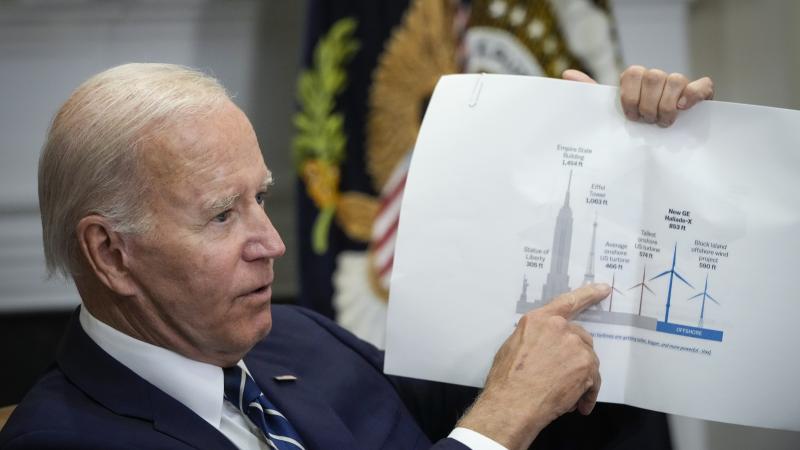Congress debating tax package that may cost up to $77 billion over next two years, watchdog says
Expanding the Child Tax Credit, which has been a target for fraudsters over the years, makes up a significant portion of the tax package, and experts estimate a loss of revenue as high as $49 billion over the next two years.
Congress will continue debating an end of year tax benefit package when lawmakers return from their Thanksgiving break that could cost $825 billion over 10 years, warns a federal budget watchdog group.
Lawmakers have not publicly released the full details of the proposal as negotiations continue but the Committee for a Responsible Federal Budget (CRFB) reported that a temporary expansion of the Child Tax Credit will make up a significant portion of the expected forthcoming package.
"While we cannot estimate the permanent cost of the CTC without further details, a simple extrapolation of the $49 billion two-year costs suggests it would cost about $250 billion over a decade," according to an analysis from the CRFB about the expected tax benefit package. "This assumes the current credit is extended beyond its 2025 expiration but does not account for the cost of that extension."
For the year 2021, the Democrats' American Rescue Plan, a pandemic stimulus bill, expanded the Child Tax Credit from up to $2,000 per child to as much as $3,600. The legislation passed via budget reconciliation, and received only votes from Democrats before being signed by President Biden in March 2021. After the 2021 tax year, the Child Tax Credit reverted back to the lower amount.
Since then, some Democratic lawmakers have criticized Republicans for not voting to extend it permanently.
"Child poverty is caused by bad policy," wrote Sen. Sheldon Whitehouse, D-R.H., on X in September. "Democrats worked to expand the Child Tax Credit, and cut child poverty nearly in half; Republicans refused to make this expansion permanent, and child poverty more than doubled. Shame on each person who voted against this relief."
Sen. John Thune, R-S.D., has said Republicans are generally in favor the Child Tax Credit but not expanding it permanently.
“A lot of support among Republicans for the CTC, but the way [Democrats] widened the eligibility and increased the amount has made this thing balloon in terms of the [cost],” said Thune, according to the Problem Solvers Caucus, an independent and bipartisan member-driven group in Congress.
Fraudsters have targeted the Child Tax Credit over the years. The Internal Revenue Service and Federal Trade Commission have issued warnings about scams related to the Child Tax Credit.
During the pandemic, the FTC said that scammers were stealing federal funds and personal information from American citizens through Child Tax Credit fraud.
The IRS had sent more than $1.1 billion to tax filers who were ineligible to receive the Child Tax Credit in 2021, according to a report from the Treasury Inspector General for Tax Administration released in November 2021.
Fraudsters have claimed dependents for the Child Tax Credit on tax returns before their legitimate parents or guardians are able to do so legitimately.
In the past, the Treasury Inspector General has found that the IRS made improper Child Tax Credit payments to illegal immigrants who filed tax returns.
Also, parents or guardians filing separately sometimes mistakenly or intentionally claim the Child Tax Credit for the same child on two returns and the IRS doesn't always pick it up.
The CFRB also the that "reinstating research and experimentation (R&E) expensing" and extending 100% "bonus depreciation for business equipment purchases through 2025" are also likely to be part of the end of year tax package. These tax benefits were originally part of the American Families and Jobs Act.
"The $28 billion net cost of those two provisions reflects more than $200 billion of revenue loss through 2025, offset by more than $170 billion of revenue recovery thereafter," read the analysis of the lost federal revenue from those tax benefits. "If made permanent, we estimate these provisions could cost a combined $525 billion through 2033 – including $325 billion for bonus depreciation and $200 billion for R&E expensing."
The national debt is now close to $34 trillion. In fiscal year 2023, the deficit was $1.7 trillion. Prior to the COVID-19 pandemic, the deficit was $984 billion in fiscal year 2019, according to the Congressional Budget Office. In fiscal year 2020, the deficit hit a whopping $3.1 trillion, driving by pandemic stimulus spending.














